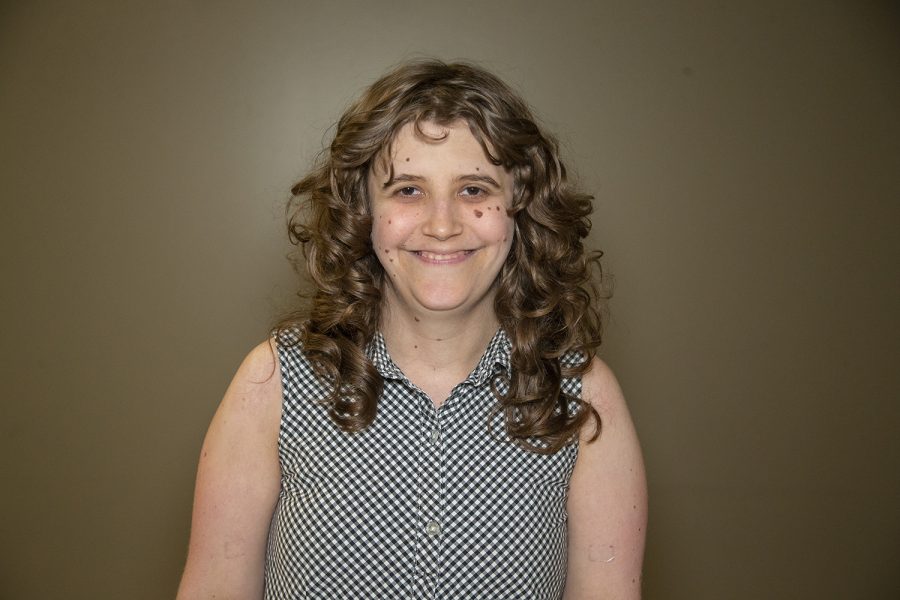Opinion | A cure will do the opposite of benefiting me
Not only does my genetic disorder not decrease quality of life, but a cure would mean giving up all the blessings Turner syndrome has given me.
February 4, 2021
A couple summers ago, I attended a camp for others with Turner syndrome — a genetic disorder resulting from a missing X chromosome. Instead of complaining about how the disorder made our lives difficult, we talked about what we have going for us and ordinary topics such as politics and religion.
Recently, the University of Iowa Carver College of Medicine got licensed by Tevard Biosciences in their approach to curing epilepsy. The researchers hope to expand it to cure complicated genetic disorders and create research which benefits everyone.
The camp experience showed me a cure would not benefit everyone. Instead of increasing my quality of life, being cured would change who I am.
Turner syndrome does not decrease quality of life to the extent I am unhappy. I have friends and family who love me unconditionally. I am your typical college student who hates midterms, loves extended deadlines, and dreams of summer break. I have gifts and passions which make my life worthwhile—such as reading, writing, and traveling.
Turner syndrome can cause many health problems, but they are able to be managed with doctor visits. The University of Iowa Stead Family Children’s Hospital provides many additional services to patients with genetic disorders. My horseshoe kidney, underactive thyroid, and congenital heart defect have not taken away what is most important.
My disability is God’s way of giving me abilities I could not imagine living without. I wouldn’t trade the genetic disorder that taught me that everyone is worthy of love regardless of what impairments they have with the ability to score a free throw.
A missing X chromosome is God’s way of making me passionate about advocating for others with conditions. Having a disability, I know the impact of people with disabilities being included in the media can have on others with them. That is one of the many reasons my heart yearns to tell their stories. I’m infinitely grateful for God’s plan and am going to thank Him by staying true to it instead of curing myself.
Turner syndrome is why I would rather interview someone in a wheelchair than an athlete. It is why I would rather profile someone answering questions through a communication device than a celebrity.
It has taught me lessons which made me the person I am today. Turner syndrome taught me all our differences vanish into thin air once we realize the humanity, value, and ability to make a difference we all have.
As February is Turner syndrome Awareness Month, I would rather celebrate what the disorder has given me rather than find a cure.
Turner syndrome has given me empathy and independence. It has taught me lessons which made me the person I am today. Turner syndrome taught me all our differences vanish into thin air once we realize the humanity, value, and ability to make a difference we all have. The only people who truly matter are those who love us despite our imperfections.
Daily growth hormone shots gave me bravery. Turner syndrome showed me the good in others-such as doctors who still give you numbing cream when drawing your blood. I wouldn’t trade life-changing lessons and experiences for physical health and strength. The right amount of X chromosomes isn’t worth sacrificing who I am.
Editor’s note: A previous version of this column incorrectly called the children’s hospital at the University of Iowa the University of Iowa Steadfast Children’s Hospital. It is the University of Iowa Stead Family Children’s Hospital. The DI apologizes for and regrets the error.
Columns reflect the opinions of the authors and are not necessarily those of the Editorial Board, The Daily Iowan, or other organizations in which the author may be involved.
















